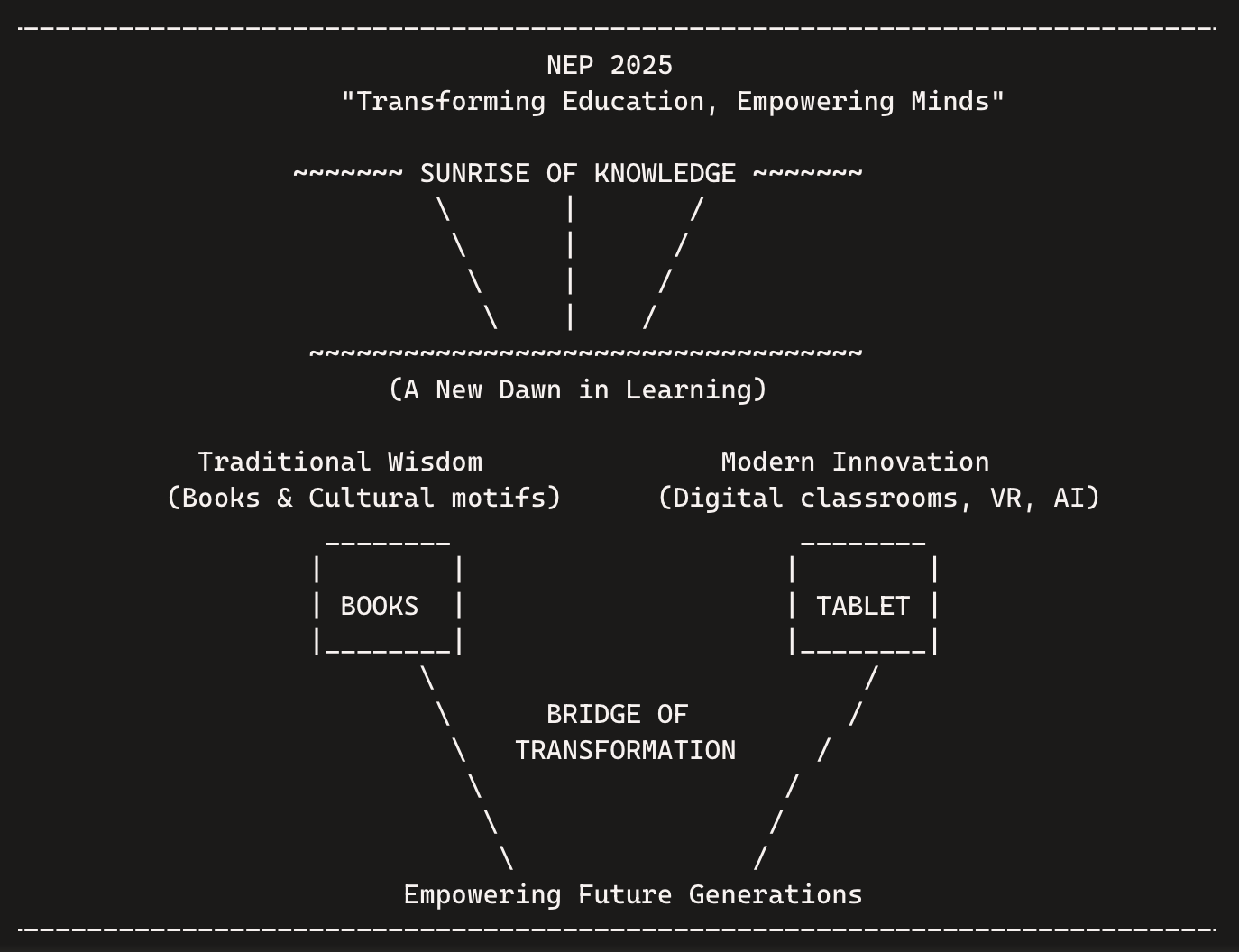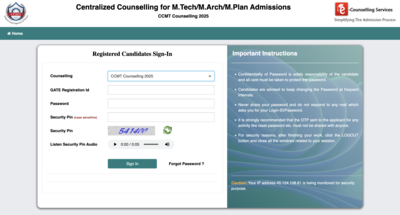
India’s education sector is undergoing a paradigm shift with the implementation of the New Education Policy (NEP) 2025. The policy aims to make learning more flexible, inclusive, and skill-oriented. It brings AI-driven curriculum updates, a hybrid learning model, and vocational training integration, ensuring students are better prepared for the future job market.
Key Features of NEP 2025
- Multidisciplinary Approach:
- Students can now opt for interdisciplinary courses like AI & Coding along with traditional subjects.
- Greater emphasis on project-based learning and experiential education.
- Skill-Based Learning:
- Introduction of practical skill development at school and college levels.
- Internship opportunities from Class 9 onwards in different industries.
- Technology Integration in Classrooms:
- AI-driven personalized learning for students.
- Digital assessments and e-learning platforms for better accessibility.
- Flexibility in Board Exams:
- Introduction of twice-a-year board exams to reduce academic pressure.
- Focus on continuous assessment models rather than just final exams.
- Mother Tongue as a Medium of Instruction:
- Schools will promote regional languages up to Class 8 to enhance foundational learning.
- English will still be available as a subject but not mandatory as the first language.
- Higher Education Reforms:
- Four-year undergraduate programs with flexible exit options.
- Common university entrance exams (CUET) refined for fairer student assessment.
- Inclusive & Equitable Education:
- Special focus on education for girls and marginalized communities.
- Scholarship programs for underprivileged students.
Implementation Roadmap of NEP 2025
- Phase 1 (2025-2026):
- Introduction of AI-based curriculum and tech-assisted learning in select schools.
- Pilot programs for skill-based education in urban and rural schools.
- Teacher training programs for updated pedagogy.
- Phase 2 (2026-2028):
- Nationwide adoption of flexible board exam system.
- Integration of vocational training in higher secondary education.
- Digital education platforms to reach remote areas.
- Phase 3 (2028-2030):
- Full-fledged implementation across universities and colleges.
- Integration of global education models and cross-country student exchange programs.
Challenges in NEP 2025 Implementation
- Teacher Training & Digital Divide: Many teachers need upskilling to adapt to the new digital-first approach.
- Financial Constraints: Budget allocation and execution may pose difficulties, especially in rural areas.
- Infrastructure Readiness: Need for high-speed internet and digital classrooms for seamless learning.














Be the first to leave a comment